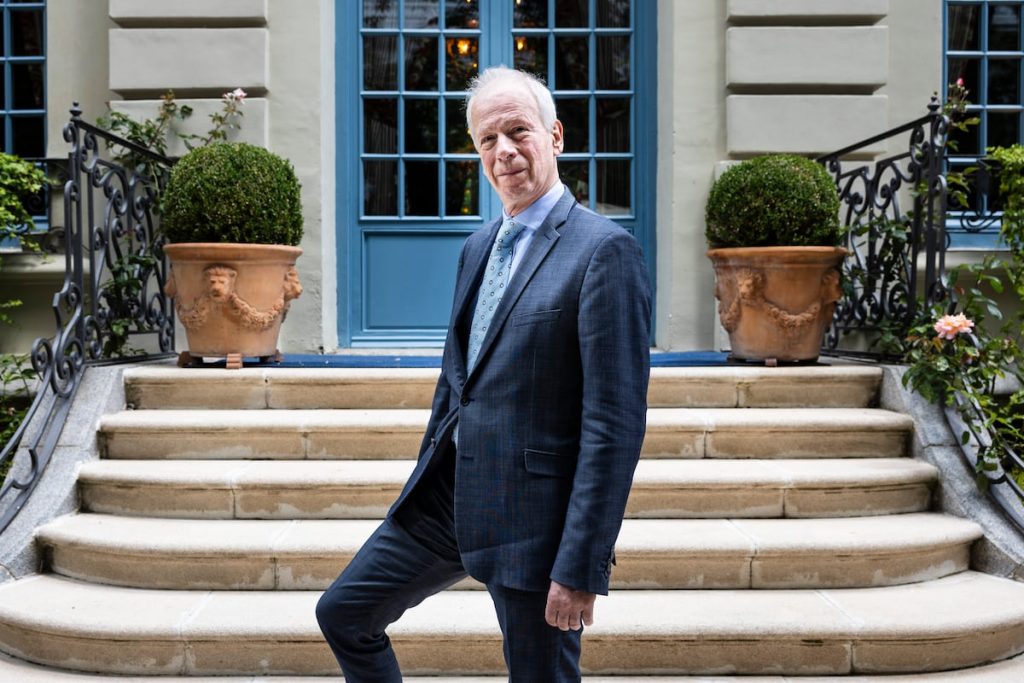After the Catalan elections on May 12, many analysts were quick to declare the death of the independence process, which has dominated Spanish political debate since 2012. The release of the book “Conditions of Secession in Democracy” coincided with this event. In this book, Stéphane Dion, a Quebecois diplomat and politician who was instrumental in the creation of the Clarity Act of 2000, which set out strict democratic conditions for Quebec’s potential secession, revisits Canada’s unique constitutional provisions for territorial divisibility. Dion engages in a dialogue with Alberto López Basaguren and Francisco Javier Romero Caro, who examine the parallels between Canada, Spain, and other European countries.
Dion, a federalist politician and opponent of solutions outside of legality, asserts that it is difficult to break a modern state built on freedom and solidarity. He highlights the importance of citizenship, suggesting that the rights of citizens should not be unilaterally stripped away in the pursuit of independence. Dion draws on his experience during Quebec’s independence referendum in 1995 to emphasize the need for dialogue, negotiation, and respect for individual rights in the process of potential secession. He warns against the domination of nationalist aspirations over the rights of individuals and advocates for pluralistic identities within existing countries.
Dion emphasizes the importance of clear and democratic processes for potential secessions, as seen in Canada’s Clarity Act, which requires a clear majority in a referendum with a defined question, followed by negotiations between the regional and central governments before any constitutional reform for independence can occur. Dion cautions against continual concessions of autonomy to appease nationalist sentiments, stating that such actions can lead to grievances and insularity rather than fostering interregional solidarity. He argues that lengthy periods of democratic coexistence are essential for separatist movements to face significant challenges in achieving independence.
The veteran politician warns against pitting one identity against another, urging the embrace of plural identities rather than forcing individuals to choose between them. He underscores the importance of fostering dialogue with respect and rejecting intellectual dishonesty, regardless of political affiliations. Dion’s analysis extends beyond the Canadian context, suggesting that the principles of citizenship and democratic coexistence apply universally to the issue of secession. While he refrains from prescribing the Canadian model to other countries, he encourages informed discussions on the implications of these principles in other democracies.
Dion’s reflections on the potential challenges and nuances of secession shed light on the complexities of balancing national and individual rights within democratic frameworks. By drawing on his experiences in Canada and engaging in dialogue with scholars on European contexts, he offers valuable insights into the intricate dynamics of independence movements and the importance of upholding democratic principles in addressing such political challenges. While his analysis is rooted in the Canadian experience, it carries broader implications for understanding the complexities of secession debates in diverse democratic contexts.


